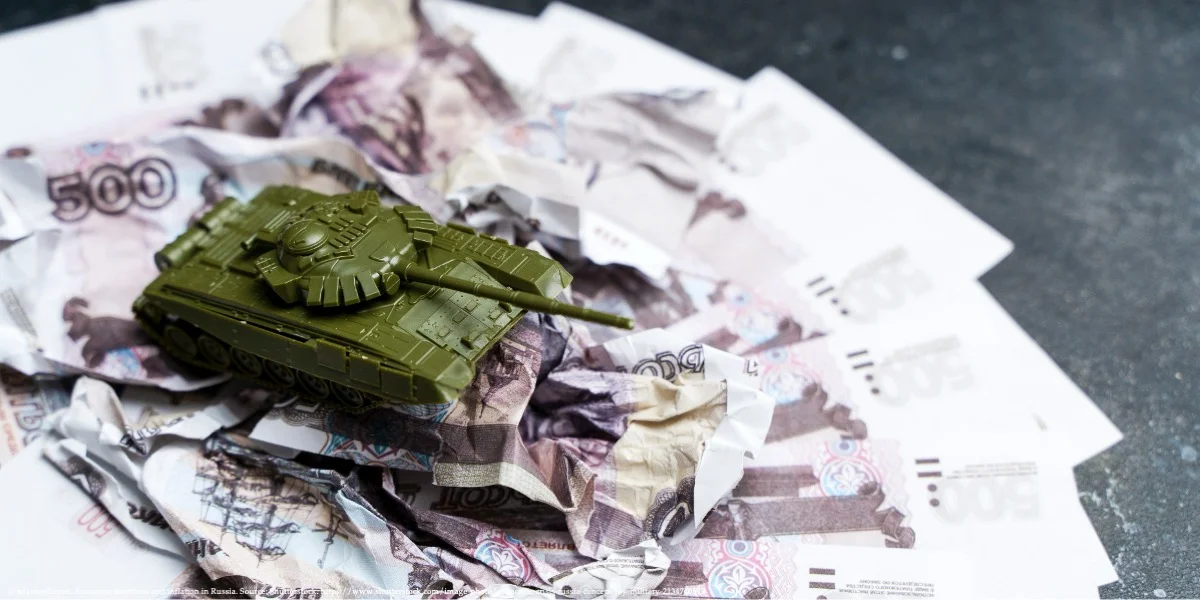The Russian economy is a complex mix of state-controlled industries, private enterprise, and abundant natural resources. It has experienced significant fluctuations, from periods of rapid growth to economic stagnation and decline.
Key Characteristics of the Russian Economy
- Resource-Based Economy: Russia’s economy is heavily reliant on the export of natural resources, primarily oil and gas. This dependence makes the economy vulnerable to global commodity price fluctuations.
- State Capitalism: The state plays a significant role in the Russian economy, owning or controlling major industries such as energy, defense, and transportation.
- Corruption and Inefficiency: Corruption and inefficiency are persistent problems that hinder economic growth and development.
- Geopolitical Factors: Russia’s geopolitical position and foreign policy decisions can have a significant impact on its economy, particularly through sanctions and trade restrictions.
Recent Economic Trends
In recent years, the Russian economy has faced several challenges, including:
- Western Sanctions: Following Russia’s annexation of Crimea and its involvement in the conflict in eastern Ukraine, Western countries imposed economic sanctions, which have had a negative impact on the Russian economy.
- COVID-19 Pandemic: The pandemic disrupted global supply chains, reduced demand for Russian exports, and led to economic contraction.
- Geopolitical Tensions: Ongoing geopolitical tensions with the West have created uncertainty and hindered economic growth.
Despite these challenges, the Russian economy has shown resilience. The government has implemented various measures to support economic growth, including infrastructure investments, import substitution, and monetary policy adjustments. However, the long-term sustainability of the Russian economy depends on diversifying its economy, reducing reliance on natural resources, and improving the business environment.
Future Outlook
The future of the Russian economy is uncertain and depends on a number of factors, including global economic conditions, geopolitical developments, and domestic policy decisions. While Russia possesses significant economic potential, it faces significant challenges that will need to be addressed to achieve sustainable economic growth.
To ensure long-term prosperity, Russia will need to:
- Diversify the Economy: Reduce reliance on natural resources and promote the development of other sectors, such as technology, manufacturing, and agriculture.
- Improve the Business Environment: Reduce bureaucracy, combat corruption, and strengthen property rights to attract foreign investment and stimulate domestic entrepreneurship.
- Invest in Human Capital: Improve education and healthcare to develop a skilled workforce and enhance human capital.
- Strengthen Institutions: Develop strong and independent institutions to ensure the rule of law and good governance.
By addressing these challenges and implementing sound economic policies, Russia can unlock its full economic potential and secure a prosperous future.

Leave a Reply